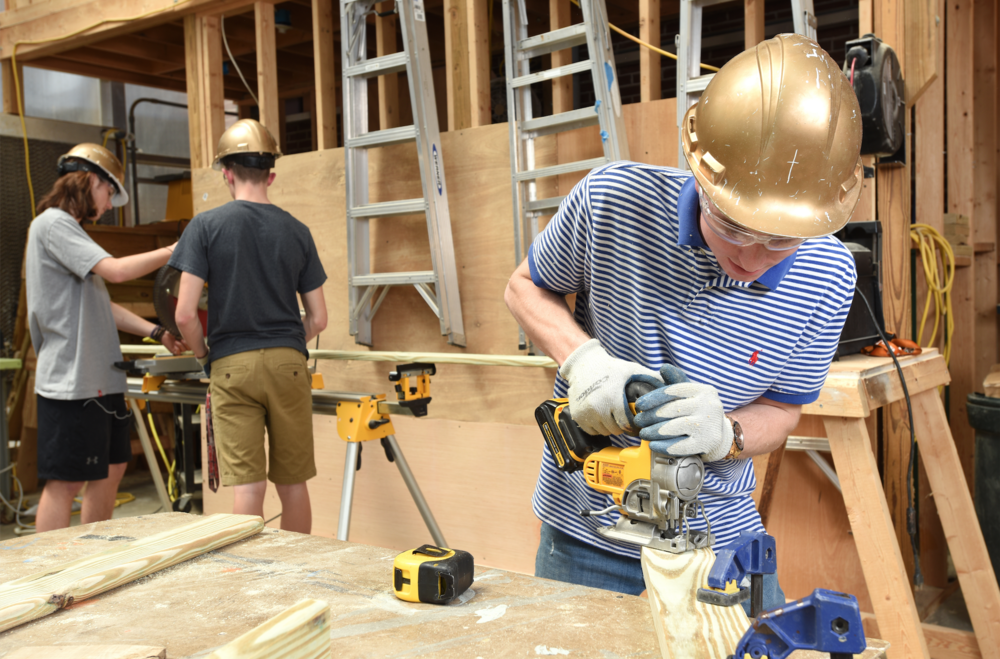
Section Branding
Header Content
Georgia Needs More Carpenters And Chattahoochee Tech Is On It
Primary Content

I’ve traveled around the state and spoken with various members of the construction community, and nearly to a person they all mention how low the numbers are for new recruits.
What’s most worrisome is that low number is paired with a very high number of retirees (or soon-to-be-retirees). Put those two together and carpenters are going to be high demand for some time.
Contractors are turning down work because they don’t have enough people for the jobs they’ve already accepted, let alone new ones.
The good news is both industry and educational leaders are working toward shrinking the gap between the need for skilled labor and people who fit that category.
Chattahoochee Technical College recently announced it would launch a carpentry program at the Appalachian campus. Diane Geis said the rationale was simple.
“We see a big need in the community for this program,” Geis said. “They’re having a hard time in the construction industry finding workers with these skills. Students in this program can learn the foundation of carpentry and develop the skills necessary for successful employment as an entry-level carpenter or skilled construction worker.”

This new programs will go live this fall (2018) and include a carpentry diploma and a certified construction worker certificate.
As is typically the case for Technical College System schools, the instructor for the program will bring years of real-world experience in the industry with him to the classroom.
Bill Mullis was a professional builder for years before accepting his role as instructor. The U.S. Navy veteran who knows what it means to do the work well and his instruction will be what sets students on a path to a sustained career.
“The mission at Chattahoochee Tech is to strengthen both individuals and businesses through workforce training,” said Dr. Ron Newcomb, President of Chattahoochee Technical College. “The college’s new Carpentry program at the Appalachian Campus helps fulfill that mission on behalf of our students and local industry.”
The new carpentry diploma totals a sequence of 14 courses, of which there are various occupational tracks:
- Floor, wall, and stair framing
- Ceiling and roof framing
- Exterior finishes and roof coverings
- Interior finishes
Students will also learn about site development and complete a specialization in residential or commercial construction, per a press release.
Secondary Content
Bottom Content





